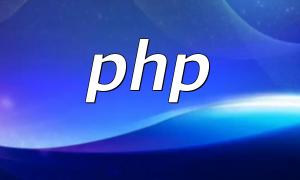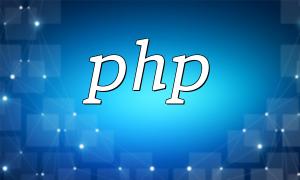In Dedecms website development, developers often encounter character encoding issues, especially when handling Chinese characters or data across different platforms. Proper encoding conversion helps prevent garbled text and improves compatibility and stability. This article shares several common methods for encoding conversion, along with practical examples.
PHP provides several built-in functions for encoding conversion, with mb_convert_encoding() being one of the most commonly used. This function allows conversion between different character sets easily.
$originalString = "中文字符";
$utf8String = mb_convert_encoding($originalString, 'UTF-8', 'auto');
echo $utf8String;In the example above, the mb_convert_encoding() function converts the Chinese characters in $originalString into UTF-8 encoding and stores the result in $utf8String. This ensures that Chinese characters display correctly across various environments.
Dedecms also provides some built-in functions for handling Chinese strings. The cn_substr() function, for instance, can safely truncate Chinese strings and specify the desired output encoding.
$str = "中文字符";
$str = cn_substr($str, 0, 4, 'utf-8');
echo $str;In this code, cn_substr() extracts the first four characters from $str and outputs them in UTF-8 encoding. This method is particularly useful in Dedecms template development when only a portion of Chinese text needs to be displayed.
Besides PHP and Dedecms built-in methods, you can also use third-party libraries for encoding conversion. The iconv() function is one of the most widely used tools for this purpose, capable of converting between multiple character sets.
$originalString = "中文字符";
$utf8String = iconv('GBK', 'UTF-8', $originalString);
echo $utf8String;In this example, iconv() converts $originalString from GBK encoding to UTF-8. This method is particularly handy when dealing with legacy systems or importing data from older sources.
In Dedecms website development, encoding conversion is both common and essential. Developers can choose PHP built-in functions, Dedecms-specific methods, or third-party libraries to achieve reliable and efficient conversions. Regardless of the approach, accuracy and stability of the conversion process should always be ensured to maintain consistent website performance.
With the techniques covered in this article, you should now have a solid understanding of various encoding conversion methods in Dedecms and be able to apply them flexibly in your own projects to improve development efficiency and code quality.









